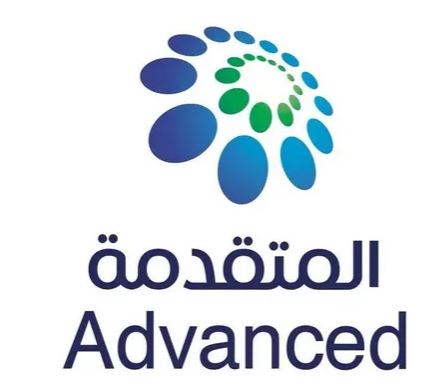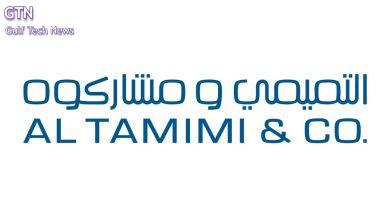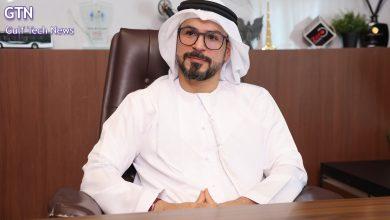شركة المتقدمة للبتروكيماويات توزع أرباح نقدية بقيمة 142.5 مليون ريال

وافق مجلس إدارة الشركة المتقدمة للبتروكيماويات على توزيع أرباح نقدية على مساهمي الشركة عن الربع الرابع من العام 2022م، بنسبة 5.5% إلى قيمة السهم الاسمية للسهم.
اقرأ ايضا.. ركين الامتياز السعوديه اول شركة سعودية تمنح اول امتياز تجاري داخل السوق العراقي
ويبلع إجمالي التوزيعات 142.5 مليون ريال، يشمل عدد أسهم مستحقة 259.2 مليون سهم، وتصل حصة السهم من التوزيع إلى 0.55 ريال.
وستكون الأحقية للمساهمين المالكين للأسهم عند إغلاق السوق في اليوم الثامن عشر من شهر مايو 2023م والمقيدين في سجل مساهمي الشركة لدى مركز الإيداع في نهاية ثاني يوم تداول يلي تاريخ الاستحقاق.
ونوهت الشركة على أن قرار توزيعات الأرباح المستقبلية سيأخذ في الاعتبار التوسعات والمشاريع المستقبلية لاستكمال خطة النمو الإستراتيجية للشركة والشركات التابعة لها.
وقالت “المتقدمة للبتروكيماويات” إنه بالنسبة للمستثمرين غير المقيمين بالمملكة فإن الأرباح التي تدفعها لهم الشركة ستكون خاضعة للضريبة المستقطعة بمقدار 5% عند تحويل تلك الأرباح أو إيداعها في حساباتهم المصرفية وذلك وفقاً لأحكام المادة (68) من نظام ضريبة الدخل والمادة (63) من لائحته التنفيذية.
شركة سيسكو تحتل المرتبة الأولى في قائمة أفضل الأماكن للعمل في المملكة العربية السعودية
شركة سول للتطوير العقاري تمنح بعداً جديداً لتجربة الإيجار في دبي بإطلاق “سول ليفينج”




